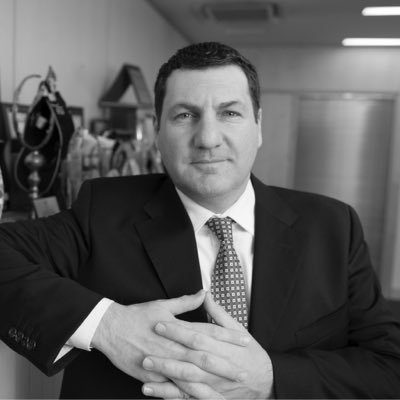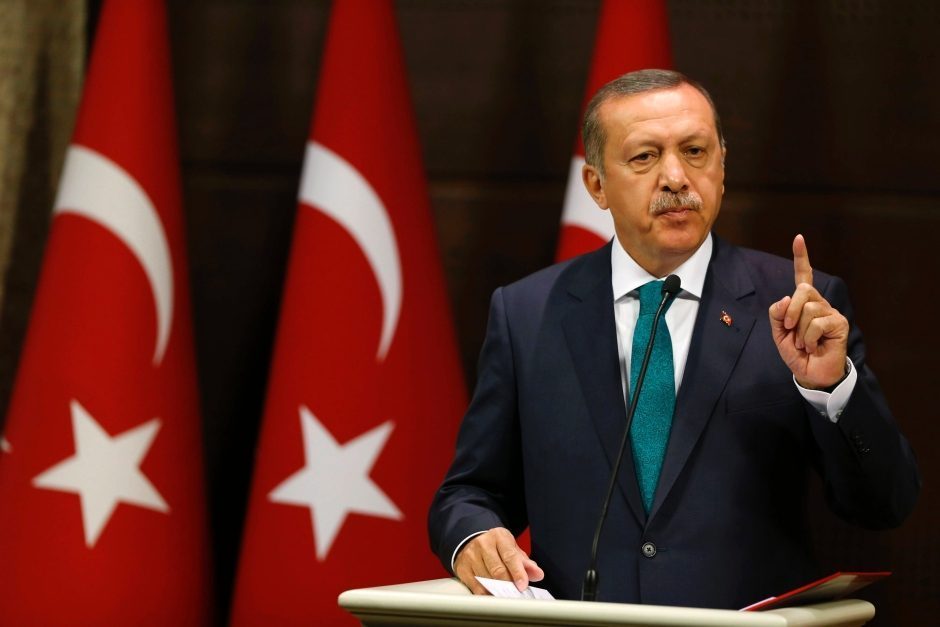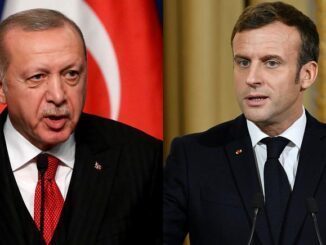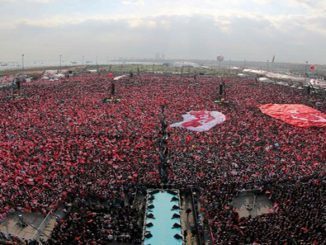
BY: KEREM ALKIN*
Therefore, realizing that the world’s seven largest economies remained incapable of producing solutions, the world’s leading 11 developing economies, eight developed economies and the EU came together, calling for the creation of the G20 to cope with rising and intensifying global problems at intellectual meetings and economic and political summits in 1998 and 1999. The G20, which started gathering at the end of 1999, failed to carry out significant summits and studies until the 2008 crisis. However, the bitter fruits and risks accompanying the global financial crisis, which broke out after Lehman Brothers went bankrupt, suddenly made the G20 even more valuable. As such, the G20 became a platform that carried out intensive studies of global issues as of the fall of 2008.
As E7 prepares to surpass G7
According to the purchasing power parity (PPP) method, a new group of countries named the Emerging Seven (E7) among the G20’s 11 developing countries would first catch up with and then surpass the Group of Seven (G7) countries in terms of gross domestic product (GDP) from 2018 to 2020. “Global 2050” reports prepared by international management consultancy companies or financial institutions, such as PwC and HSBC since 2011, indicated that the E7 would surpass the G7 by nearly $10 trillion in GDP by 2030. Such predictions, coupled with the rising population, gave a clue to international companies about what countries would be the attraction centers of the global economy for the next 10 to 25 years. These seven countries are China, India, Brazil, South Korea, Russia, Mexico and Turkey.
The rise of the seven leading developing countries gained more weight during the latest global finance crisis. The Chinese and Indian economies did not shrink in 2008 and 2009, and they achieved record-high growth figures in 2010 and 2011. As for Turkey, it grew by 9.2 percent in 2010 and 8.8 percent in 2011 through its economy, which grew stronger through reforms and macro prudential measures against the global financial crisis. Thus, it became one of the countries achieving the highest growth rate in the world. Most of these countries raised their international sovereign ratings and reached the “investable” level in this period. Interestingly enough, following the Organization for Economic Co-operation and Development (OECD) report titled “Looking to 2060: Long-Term Global Growth Prospects” on Nov. 1, 2012, the rising E7’s agenda changed, with all E7 countries finding themselves to be grappling with economic and political problems. So to say, an “invisible hand” blocked their focus on growth and development.
The test of ‘ethics’ facing credit rating agencies
Since May 2013, the currencies of all E7 countries have significantly decelerated against the U.S. dollar. Despite economic and political problems that are coming one after another, these countries still maintain their efforts to grow their “growth stories.” Oddly enough, soon after the OECD report, which predicted a 5-point fall in the U.S. and EU’s weight on the global economy from 2011 to 2030, the U.S. called on the EU to initiate talks on the Transatlantic Trade and Investment Partnership (TTIP).
International credit rating agencies faced severe criticism of their mistakes and ethics codes and grappled with legal cases and penalties before and during the 2008 global financial crisis. Although they toughened assessments of the rising E7, they failed and still fail to present the same harsh and resolute attitude toward some Western countries and financial institutions. The international economic-political system is running with the concept of “confidence.” However, international institutions, which undertake a mission for the healthy functioning of the system, are incompetent and weak enough to “shake confidence.” Therefore, their acts are increasingly considered and debated as having an attitude to prevent the rise of the E7. The intensification of this perception might accompany new risks for the global system.
*Kerem Alkin is a Turkish academic in the field of Economics, and a lecturer at Istanbul Medipol University.
(Published in Daily Sabah Turkish newspaper on Saturday, Oct. 1, 2016)



